Model number: AV-98
Code name: Ingram
Unit type: law enforcement anti-labor crime patrol labor
Manufacturer: Shinohara Heavy Industries
Operator: Tokyo Metropolitan Police Department
Rollout: April 1998 AD
Accommodation: pilot only, in standard cockpit in torso
Dimensions: overall height 8.02 meters; overall width 4.37 meters
Weight: standard 6.0 metric tons; full 6.62 metric tons
Armor materials: fiber reinforced plastic; carbon fiber reinforced material
Powerplant: unknown
Maximum weight lifting capacity: 2.40 metric tons
Minimum revolving radius: 3.90 meters
Equipment and design features: sensors, range unknown; ECM (electronic countermeasure) pod (Unit 3 only), mounted in head; optional body armor unit
Fixed armaments: 37mm revolver cannon, loads 6 rounds, stored on right leg, hand-carried in use; anti-labor stun stick, stored in shield mounted on left forearm, hand-carried in use
Optional hand armaments: 90mm riot cannon
The development of labors proved to be a boon to construction projects around the world. However, the increase of labors sparked a new type of crime: labor crime. To combat labor crime, the Tokyo Metropolitan Police Department created its own labor division, Special Vehicles Section 2. At first, SV2 used the ancient ASUKA-MPL-96 Taisyo, which had simply been painted in police colors and outfitted with a siren. As labors became more advanced, SV2 kept up with the times by replacing the Taisyo with the AV-98 Ingram, a labor designed specifically for law enforcement by Shinohara Heavy Industries. The Ingram’s advanced design allowed for more human-like movements. As a law enforcement labor, the Ingram was equipped with an anti-labor stun stick and a 37mm revolver cannon, but it could also carry a shotgun-like 90mm riot cannon. To facilitate transport to the field, each Ingram featured its own transport trailer.
Three units were assigned to SV2 Division 2 under the command of Capt. Kiichi Goto. Unit 1 was assigned to labor enthusiast Noa Izumi, while Unit 2 was assigned to gun maniac Isao Ota. Unit 3 was not used for police operations because it served as a source of spare parts for Units 1-2. With its advanced design and intimidating appearance, the Ingram and SV2 quickly became a source of terror for criminals and civilians alike. Throughout its service life, the Ingram held its own against many models of labors, as well as a bio-engineered sea monster. By 2002, the Ingram had been phased out in favor of a new law enforcement labor, the AV-02 Valiant. De-commissioned from duty, the Ingram was relegated to in-house testing at Shinohara’s Hachioji Factory. However, Units 1, 2, and the anti-electronic warfare Unit 3 were bought back into service in 2002 when a former Japan Self-Defense Forces officer named Yukihito Tsuge orchestrated a coup d’état. To effectively combat military labors, the three Ingram units were equipped with reactive body armor, which featured explosive rounds that dissipated the energy from the impact of enemy fire. In addition, a 3D rear monitor was installed on the back of the Ingrams’ hips. In an underground subway tunnel, all three units were damaged in combat with TRT-X66 Itxls used by Tsuge’s National Defense Family.
Pilot(s): Noa Izumi, Isao Ota, Shinobu Nagumo
First appearance: Mobile Police Patlabor: Early Days
Original mechanical designer: Yutaka Izubuchi
Patlabor the Movie Info
Director:
Mamoru Oshii
Writer:
Kazunori Ito
Mechanical Designer(s):
Yutaka Izubuchi
Shoji Kawamori
Yoshinori Sayama
Takehiko Ito
Character Designer:
Akemi Takada
Musical Composer:
Kenji Kawai
Format:
1 movie
Theatrical Release:
Japan 07.15.1989

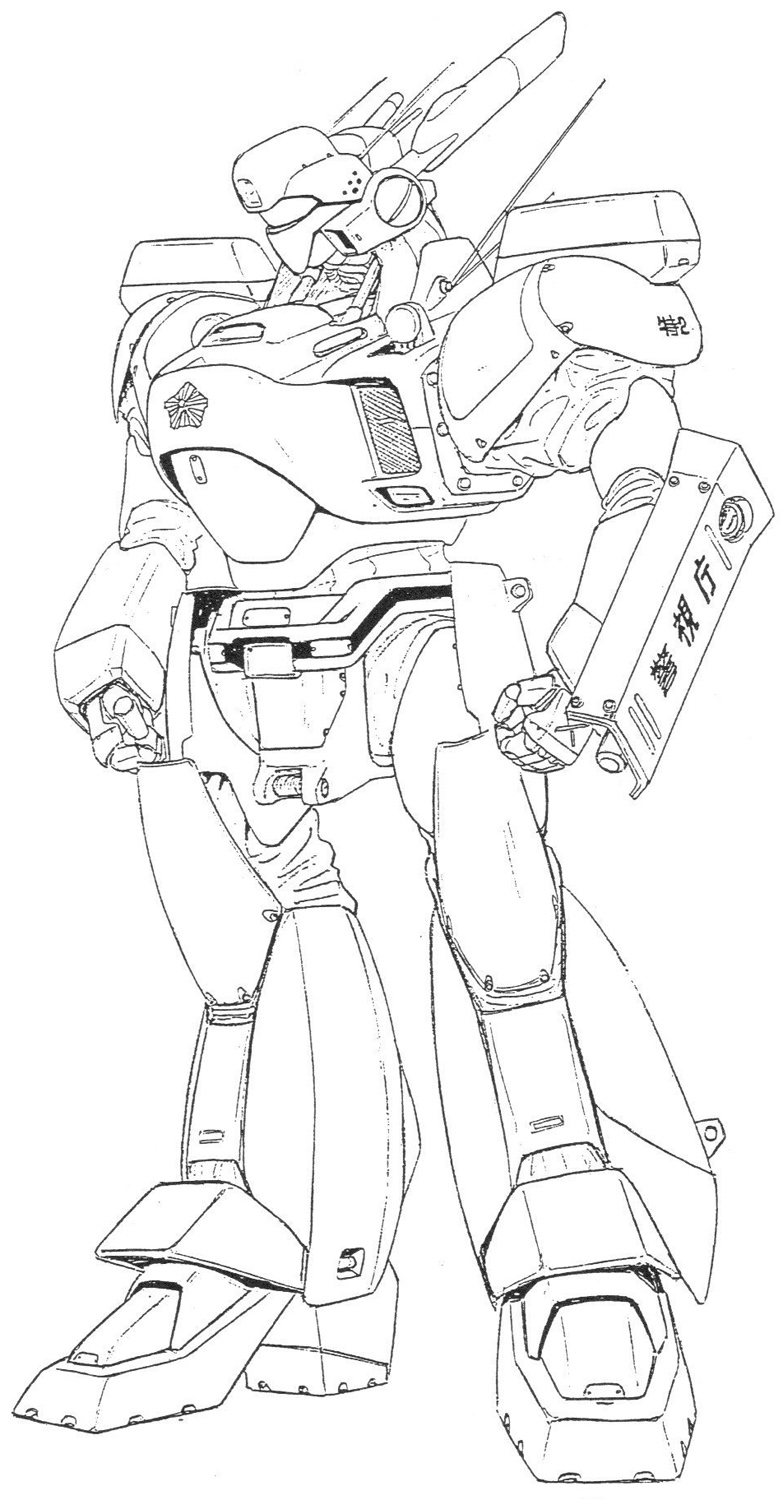

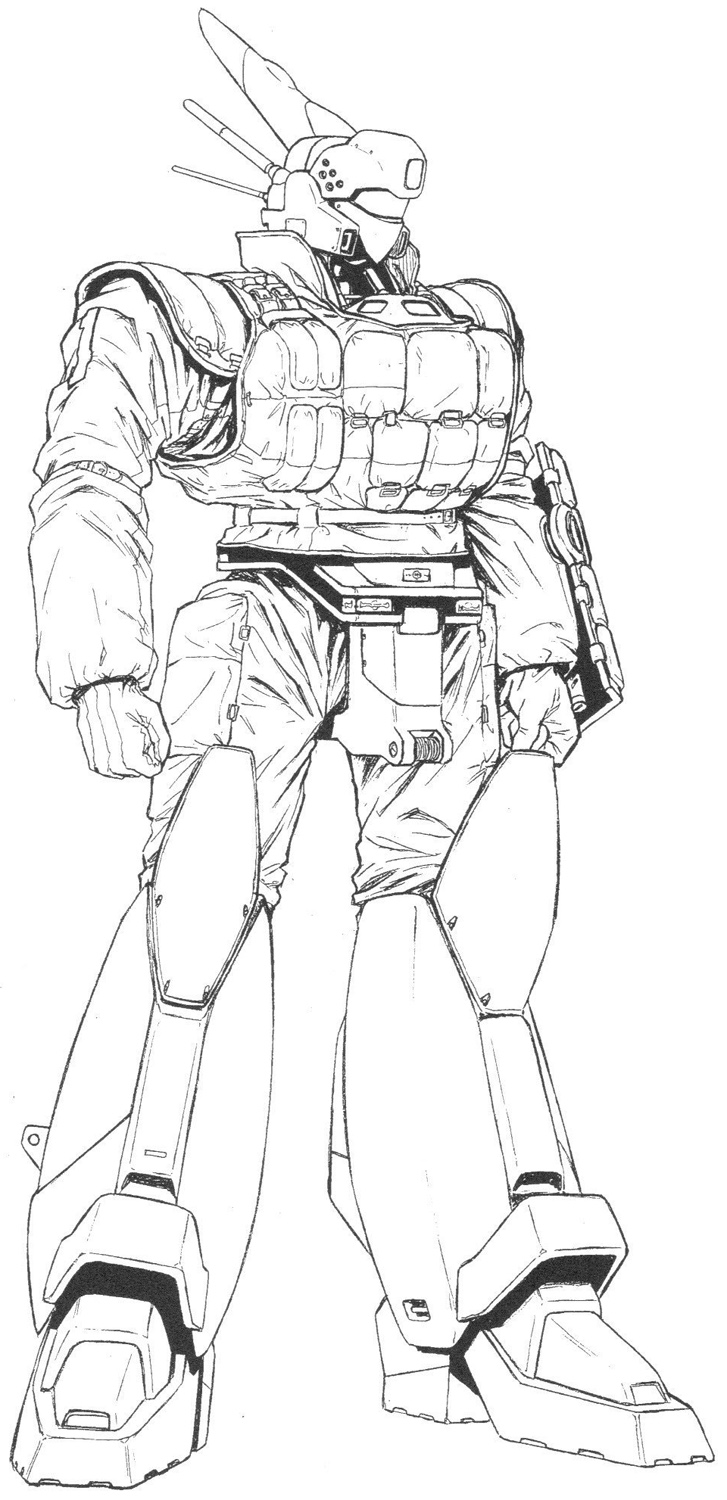
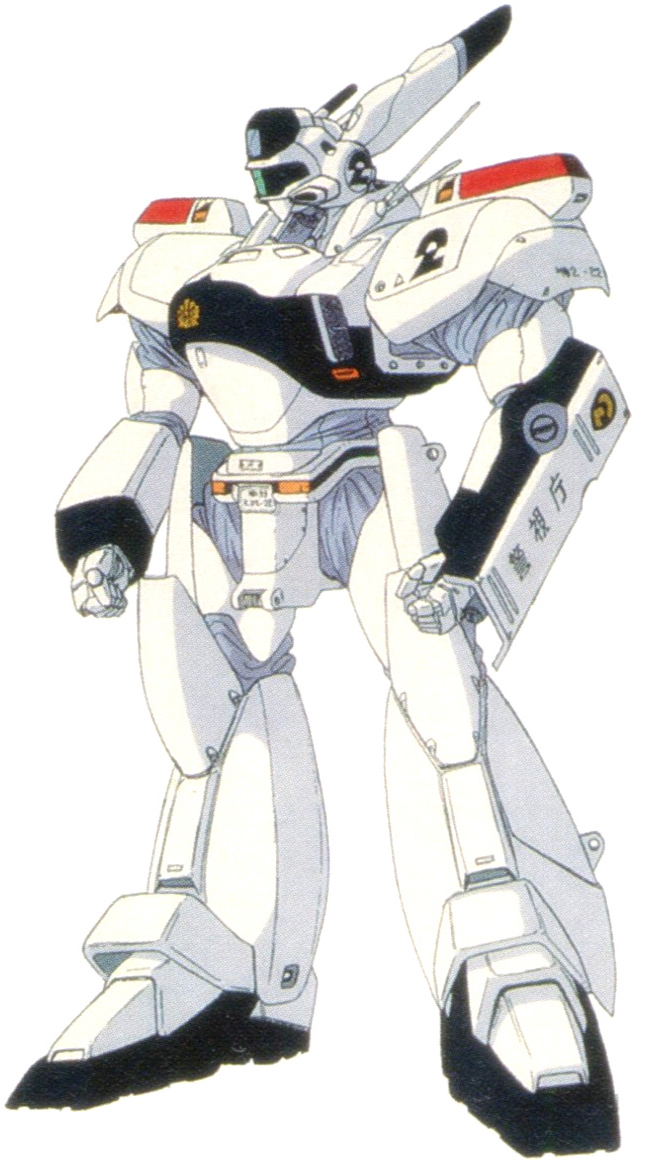


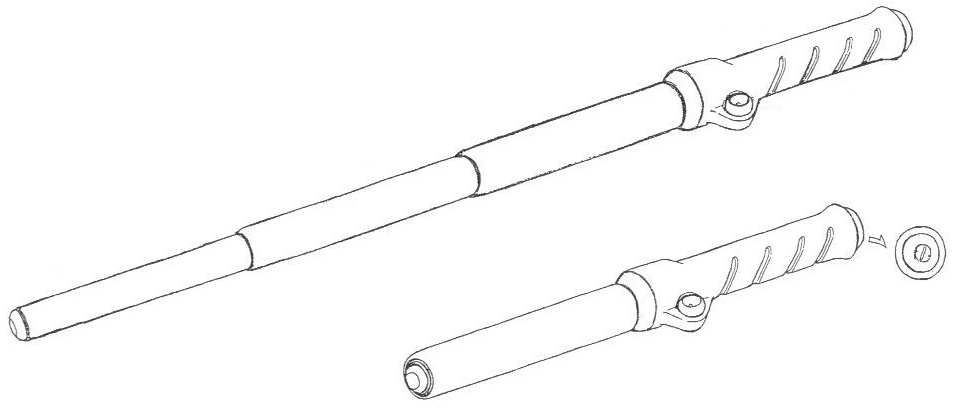
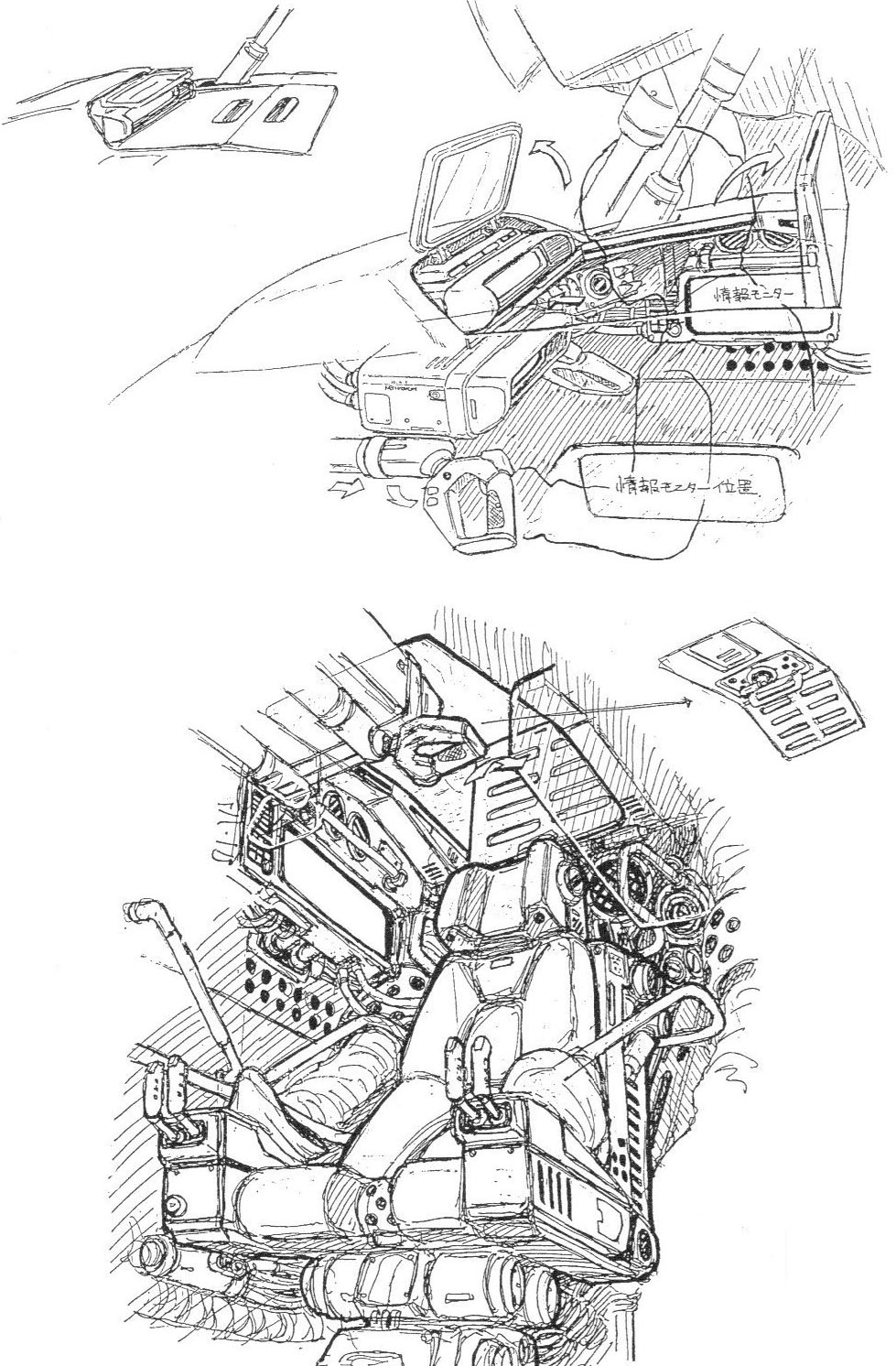


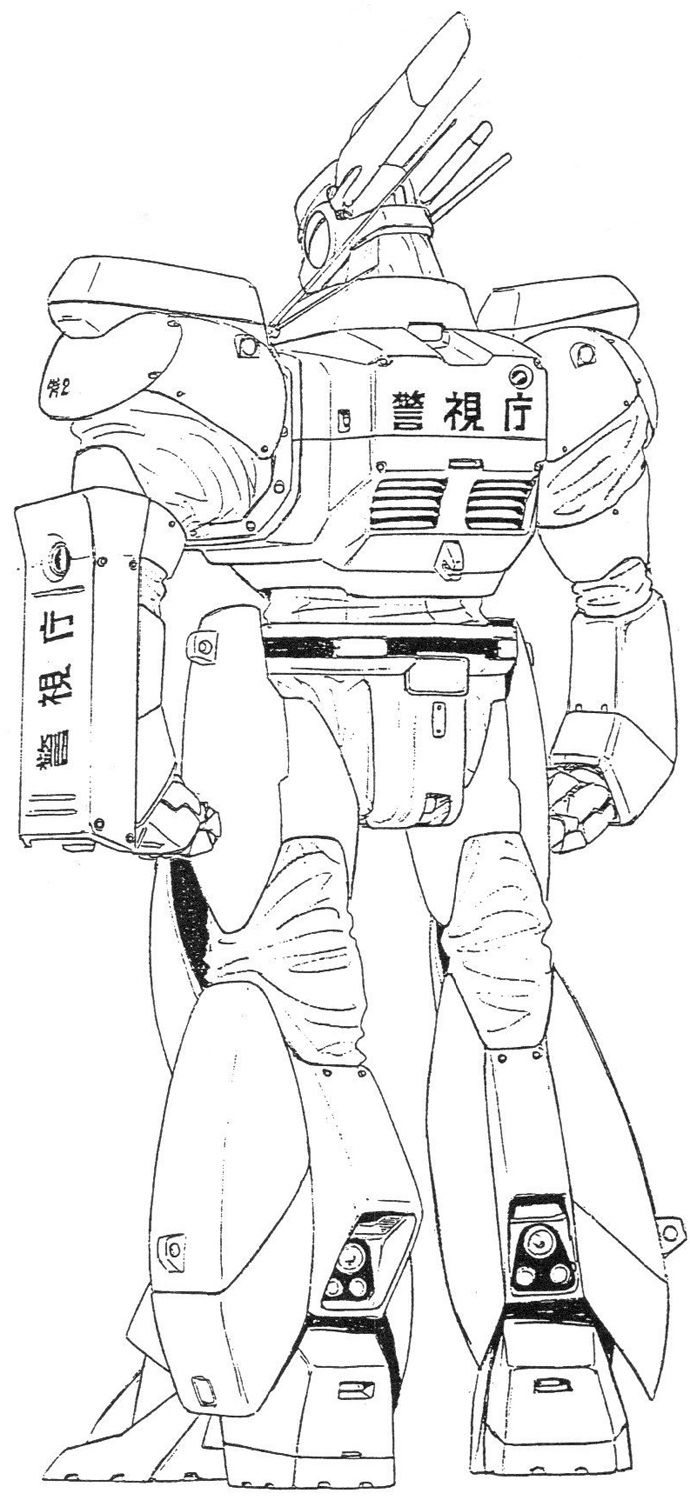


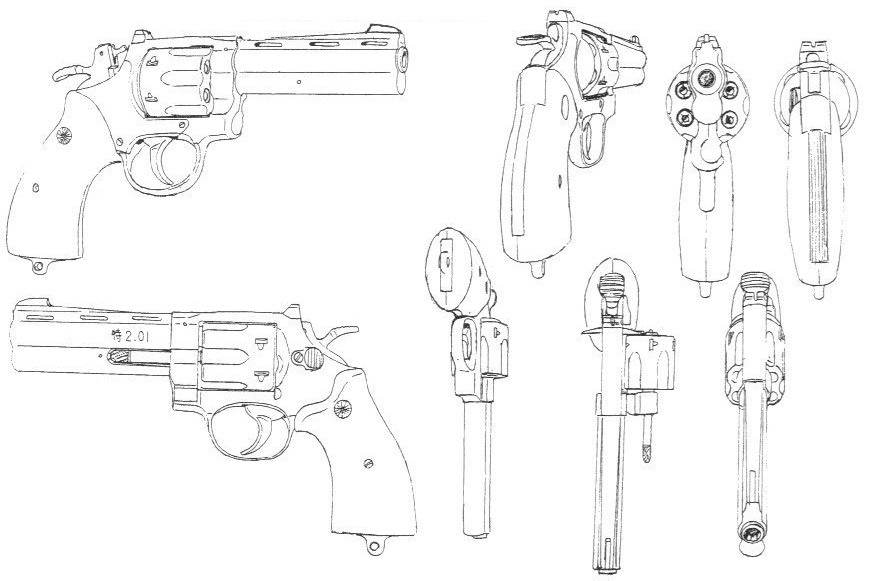


Comments